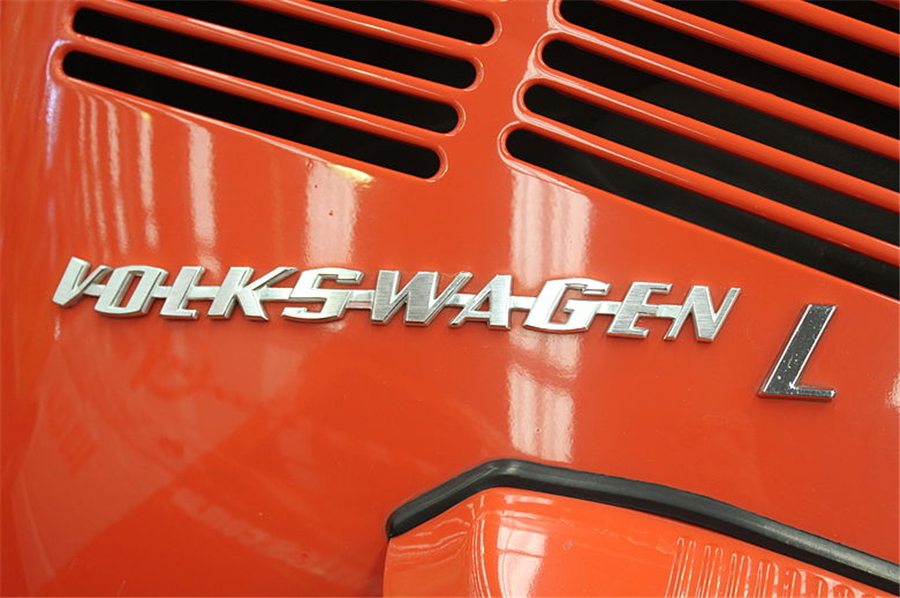VW to start electric car-sharing service to boost lineup

(Bloomberg) — Volkswagen AG’s namesake brand is entering the car-sharing market with an electric-only offering more than a decade after operators like U.S.-based Zipcar and Daimler’s Car2Go started their services.
As the German manufacturer outlined its plans, it also raised the possibility battery-car sales under the VW brand could be “far more” than the over 1 million vehicles it said it would sell by 2025. Volkswagen, which also counts the Audi, Porsche and Skoda brands among others, last year delivered a total of 10.7 million cars.
VW will start its roll out of electric car sharing in Germany from next year before a push in 2020 into major global cities, the manufacturer said Wednesday in a statement. The decision could help boost demand for VW’s planned lineup of electric vehicles, with its first standalone battery car, the I.D. hatchback, due to start production next year. It plans to flank the all-electric hatchback, which will be sold for a price equivalent to a Golf Diesel, with a compact crossover, a microbus and a four-door limousine by about 2022.
“Our target is to sell more than 1 million electric cars in 2025, but our current plans show that we might actually be able to sell far more than the 1 million.” – VW brand head of sales Juergen Stackmann said at a press conference in Berlin.
The move into car sharing is part of the world’s biggest carmaker’s push to tackle the seismic shift toward electric cars and digital services. New Chief Executive Officer Herbert Diess has pledged to turn VW into a global provider of mobility beyond the manufacturing and selling of vehicles to fend off new competitors and take market share in new business areas. Audi, VW’s biggest profit generator, in May said it targets operating profit of 1 billion euros ($1.2 billion) from new services like automated parking by 2025.
VW’s car-sharing plans, after a number of pilot projects, will face intense competition from established operators. Daimler AG’s Car2Go started to rent cars by the minute in 2008, while BMW started DriveNow in 2011, offering vehicles like the X1 SUV and Mini city cars, which can be returned anywhere within a defined area. The pair have announced plans to merge their services in a bid to gain scale and build the business into a global player.
(By Christoph Rauwald)
{{ commodity.name }}
{{ post.title }}
{{ post.date }}




Comments